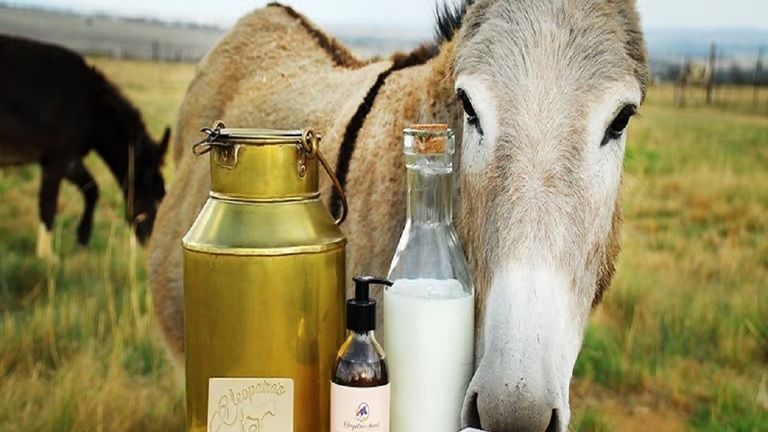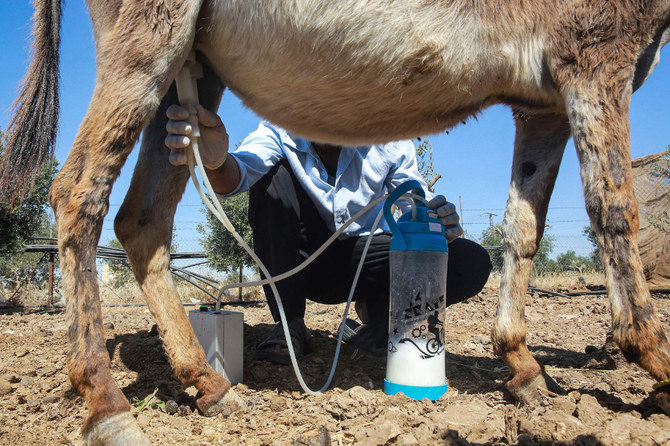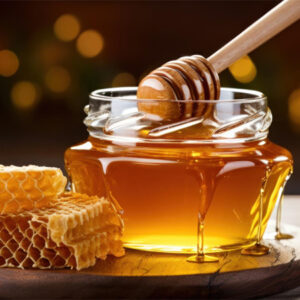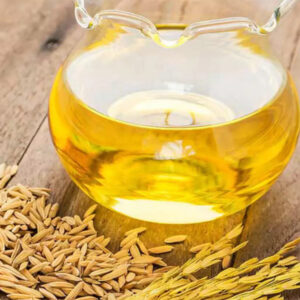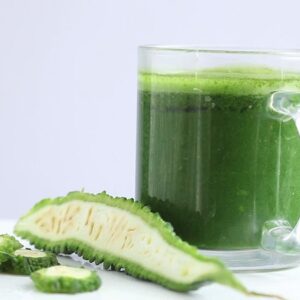Donkey milk, often referred to as “white gold,” has been cherished for centuries for its incredible health and skincare benefits. Packed with essential nutrients, this elixir has gained popularity in recent times. In this article, we will explore the ten best benefits of donkey milk and address frequently asked questions to help you understand why this natural wonder deserves a spot in your daily routine.
Nutritional Information Of Donkey Milk:
The nutritional composition of donkey milk can vary slightly based on factors such as the donkey’s diet, health, and lactation stage. However, here is a general overview of the approximate nutritional content of donkey milk per 100 millilitres:
Calories: Around 32-35 calories
Protein: Approximately 1.5-1.8 grams
Fat: About 1.2-1.5 grams
- Saturated Fat: 0.3-0.5 grams
- Monounsaturated Fat: 0.5-0.7 grams
- Polyunsaturated Fat: 0.2-0.3 grams
Carbohydrates: Around 5 grams
- Sugars: 4.8-5 grams
- Lactose: Donkey milk has a higher lactose content compared to cow’s milk, which makes it closer in composition to human milk.
Vitamins:
- Vitamin A: Present in significant amounts
- Vitamin B1 (Thiamine): Present
- Vitamin B2 (Riboflavin): Present
- Vitamin B6: Present
- Vitamin C: Present, but in smaller amounts compared to other vitamins
- Vitamin D: Present, but the levels can vary
- Vitamin E: Present
Minerals:
- Calcium: Around 60-70 milligrams
- Phosphorus: Approximately 30-40 milligrams
- Magnesium: Present in smaller amounts
- Zinc: Present in smaller amounts
- Iron: Present in smaller amounts
Fatty Acids:
- Donkey milk contains a mix of saturated, monounsaturated, and polyunsaturated fatty acids, contributing to its overall lipid profile.
Note: It’s important to recognize that these values are general estimates, and the actual nutritional content can vary. Additionally, the nutritional benefits of donkey milk extend beyond its basic composition, as it contains bioactive compounds and proteins that may contribute to its health-promoting properties.
If you have specific dietary requirements or health concerns, it’s advisable to consult with a healthcare professional or a nutritionist to determine how donkey milk can fit into your overall diet.
Top 10 Donkey Milk Health Benefits:
Here are our 10 best advantages of Donkey Milk for skin, hair and health. Let’s have a look at them.
1. Rich in Nutrients:
Donkey milk is a nutritional powerhouse, containing vitamins A, B1, B2, B6, C, D, and E, as well as minerals like calcium, magnesium, and phosphorus. This impressive nutrient profile contributes to overall well-being.
2. Skin Rejuvenation:
Known for its skin-friendly properties, donkey milk is a natural moisturizer that helps hydrate and nourish the skin. It is rich in lactic acid, which promotes skin renewal and helps maintain a youthful appearance.
3. Boosts Immunity:
The abundance of vitamins and minerals in donkey milk strengthens the immune system, helping the body defend against infections and diseases. Regular consumption may contribute to a healthier, more resilient immune response.
4. Digestive Health:
Donkey milk is easily digestible due to its low fat content and high lactose levels. It can be a suitable alternative for those who are lactose intolerant, providing a source of essential nutrients without causing digestive discomfort.
5. Cardiovascular Support:
Studies suggest that donkey milk may have a positive impact on cardiovascular health by helping regulate blood pressure and cholesterol levels. The combination of vitamins and minerals promotes a healthy heart.
6. Anti-Inflammatory Properties:
The anti-inflammatory properties of donkey milk make it beneficial for individuals with inflammatory conditions. Regular consumption may help reduce inflammation in the body, providing relief from symptoms.
7. Supports Bone Health:
With its calcium and phosphorus content, donkey milk plays a crucial role in maintaining strong and healthy bones. It is especially beneficial for children and the elderly in promoting optimal bone development and preventing osteoporosis.
8. Hair Care:
Donkey milk’s nourishing properties extend to hair care. It can help improve hair texture, prevent split ends, and promote overall hair health. Incorporating donkey milk into your hair care routine may lead to softer, more manageable locks.
9. Allergen-Friendly:
Donkey milk is often well-tolerated by individuals who are allergic to cow’s milk. Its unique protein structure makes it a suitable alternative for those with milk allergies, providing a source of essential nutrients without triggering allergic reactions.
10. Sustainable Farming:
Choosing donkey milk supports sustainable and ethical farming practices. Donkeys are resilient animals that require minimal resources, making their milk production environmentally friendly and socially responsible.
Side Effects Of Donkey Milk:
While donkey milk is generally considered safe for consumption and topical use, it’s essential to be aware of potential side effects, especially for individuals with specific health conditions or allergies. Here are some considerations:
1. Allergies:
Individuals who are allergic to donkey milk proteins may experience allergic reactions, including symptoms like hives, itching, swelling, or difficulty breathing. It’s crucial to be cautious, especially if you have known allergies to milk or dairy products.
2. Lactose Intolerance:
While donkey milk has a different lactose composition compared to cow’s milk, individuals with lactose intolerance should monitor their tolerance levels. Some people with lactose intolerance may still experience digestive discomfort.
3. Cross-Reactivity:
Cross-reactivity with other mammalian milks is possible. If someone is allergic to cow’s milk, they may also be at risk of cross-reactivity with donkey milk. Individuals with milk allergies should consult with a healthcare professional before trying donkey milk.
4. Contamination:
Contamination of donkey milk can occur if proper hygiene and sanitary measures are not followed during milking and processing. Contaminated milk can lead to bacterial infections or other health issues.
5. Unpasteurized Milk:
Drinking unpasteurized or raw donkey milk may pose a risk of bacterial infections, including exposure to harmful bacteria such as E. coli or Salmonella. Pasteurization is a process that involves heating the milk to kill harmful microorganisms.
6. Interactions with Medications:
Individuals taking medications or with certain medical conditions should be cautious about potential interactions. For example, donkey milk’s calcium content may interfere with the absorption of certain medications, such as antibiotics or thyroid medications.
7. Digestive Discomfort:
Some individuals may experience mild digestive discomfort, such as bloating or gas, especially if they are not accustomed to consuming donkey milk.
As with any new addition to your diet or skincare routine, it’s advisable to introduce donkey milk gradually and monitor your body’s response. If you have pre-existing health conditions, allergies, or concerns, it’s crucial to consult with a healthcare professional before incorporating donkey milk into your lifestyle. Additionally, choose reputable sources for obtaining donkey milk to ensure quality and safety.
FAQs:
Q1: Is donkey milk suitable for lactose-intolerant individuals?
A1: Yes, donkey milk is often well-tolerated by those with lactose intolerance due to its lower fat content and higher lactose levels.
Q2: How does donkey milk benefit the skin?
A2: Donkey milk moisturizes and nourishes the skin, promoting skin renewal and a youthful appearance, thanks to its rich content of vitamins and lactic acid.
Q3: Can donkey milk replace cow’s milk in my diet?
A3: While it can be a suitable alternative, it’s essential to ensure a balanced diet. Consult with a healthcare professional for personalized advice.
Incorporating donkey milk into your daily routine can unlock a plethora of health and skincare benefits. Whether you’re seeking to boost your immunity, rejuvenate your skin, or support sustainable farming, this natural elixir has you covered. Embrace the power of donkey milk and experience the wonders of this ancient remedy in the modern world.
Akshata Singh
Akshata Singh is a senior content writer with experience of 6 years. She has been writing articles for lifestyle blogs, i.e., Health, Beauty, Fashion, Interior, Products & many more. To know more about her works, do check out the below profiles.
Related Posts
- 11 months ago
- 12 months ago

